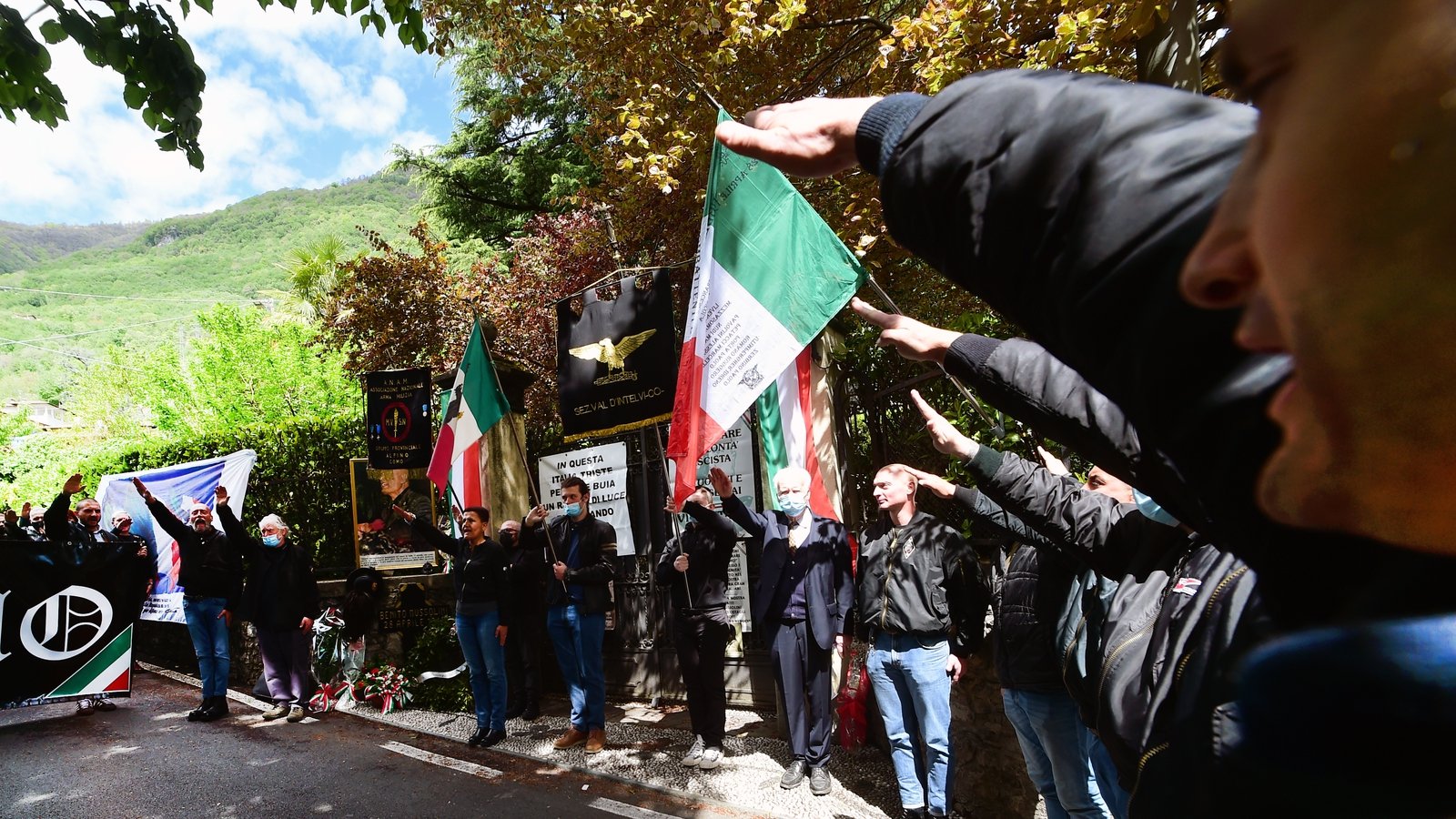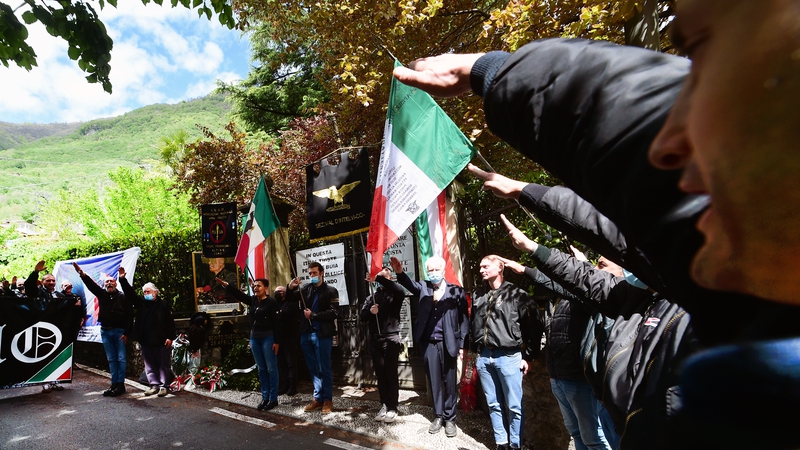Italian court rules fascist salute not always a crime


Performing a stiff-armed fascist salute is not a crime in Italy unless it risks sparking violence or is aimed at reviving the fascist party, the Supreme Court has ruled in a verdict that delighted extreme-right groups.
In a decision released yesterday, the court said fascist salutes during commemorative events should not be considered criminal, but it left open the possibility of prosecution depending on the context of the incident.
Legal experts said the ruling would not resolve an issue that has long dogged Italy, which has never fully confronted the legacy of fascist dictator Benito Mussolini.
The court sentence came just ten days after a video emerged of hundreds of men making fascist salutes during a gathering in Rome, sparking fury amongst left-wing parties, which demanded a police crackdown on extremist groups.
One such organisation, Casa Pound, hailed the verdict as “an historic victory” which vindicated their participation at countless rallies that celebrate Italy’s fascist past.
“The Roman salute will be considered an offence only if there is an actual concrete danger of the reconstitution of the fascist party, which is absolutely excluded in the case of commemorations,” it said in a statement.
The Supreme Court was called to review the issue following a2016 event in Milan where eight militants were arrested for making fascist salutes. Acquitted in an initial trial, they were subsequently found guilty when prosecutors appealed the verdict.
The ruling means the appeal will have to be reheard, with a fresh conviction looking highly unlikely.
However, the Supreme Court left open the door to future prosecutions given Italy’s inconclusive legal framework.
“This ruling will not resolve the problem around the Roman salute because there is no clear law on what represents fascist apology,” said Francesco Filippi, author of a book that is critical of Italy’s relationship with its fascist past called “Mussolini also did a lot of good – the spread of historical amnesia”.
“The only sure thing is that you cannot create a fascist party. Everything else is up to interpretation,” he said.
Italy’s main piece of legislation against promoting fascist propaganda is the so-called Scelba Law of 1952 which prohibits any “movement or group of people … pursuing anti-democratic ends associated with the fascist party”.
Subsequently, in 1993, Italy introduced the Mancino Law, which widened the scope of the Scelba law, targeting anyone “disseminating ideas based on racial or ethnic superiority” or inciting “discrimination or violence” for racial motives.
However, defence lawyers say the law often stands at odds to the constitution, which protects freedom of expression.
The Supreme Court reiterated that both the Scelba and Mancino laws could be applied to people making the fascist salute, depending on the circumstances, leaving it up to the individual prosecutors to decide whether they were applicable.
“We are the country of eternal compromise, of ifs and buts,” newspaper editor Alessandro Sallusti wrote in a front-page editorial in his right-wing daily Il Giornale.
“The judgment on those who dare to raise an outstretched arm will not depend on objective factors, but on the subjective interpretation of the magistrate, who can never determine with certainty whether the accused was paying homage to a deceased person or the political ideals of the deceased with the intention of bringing them back into prominence.”



